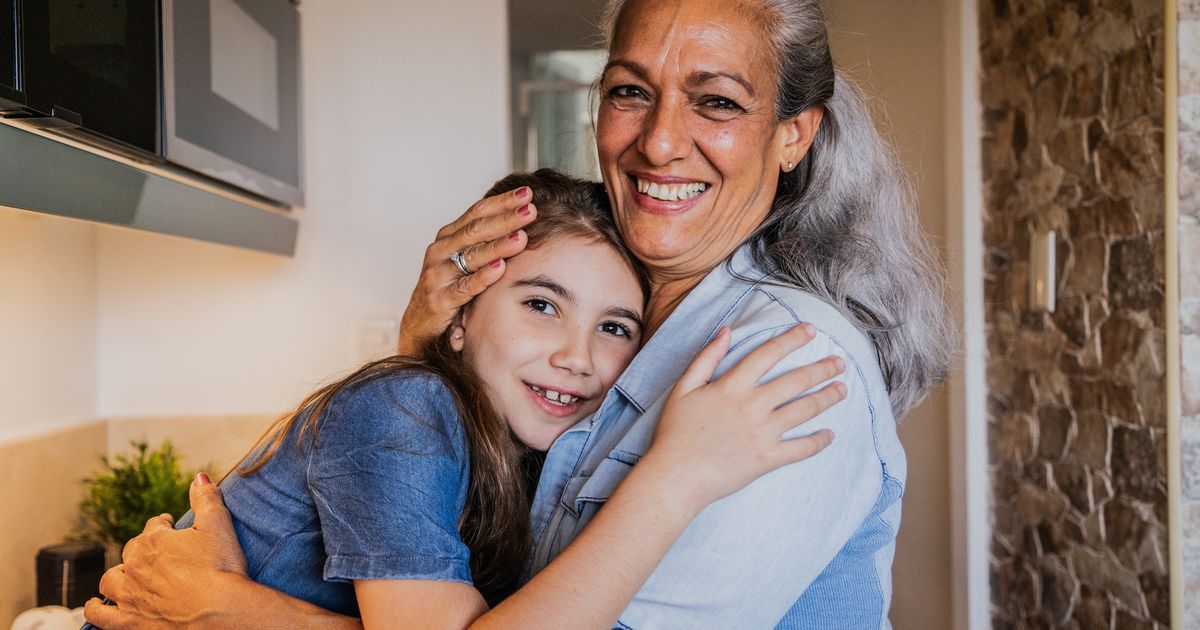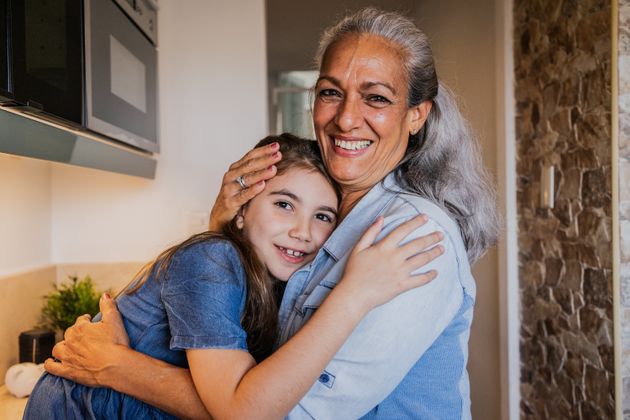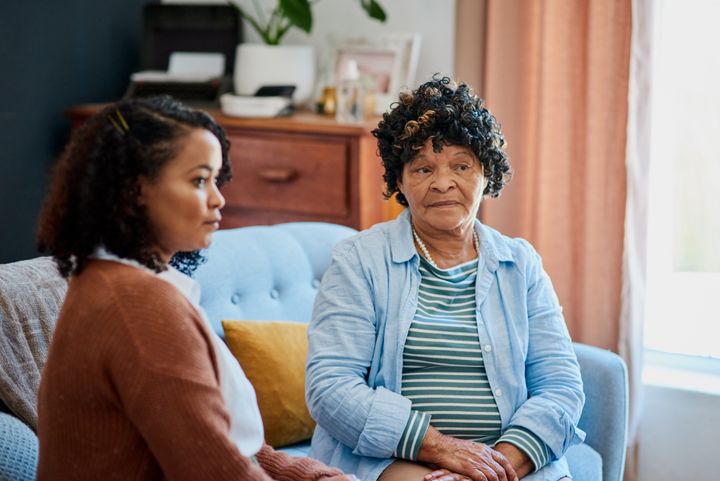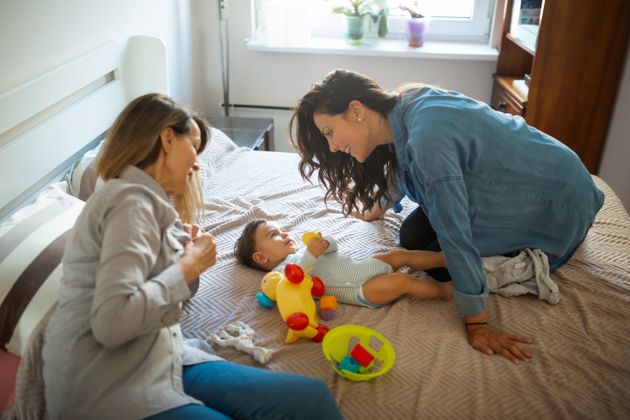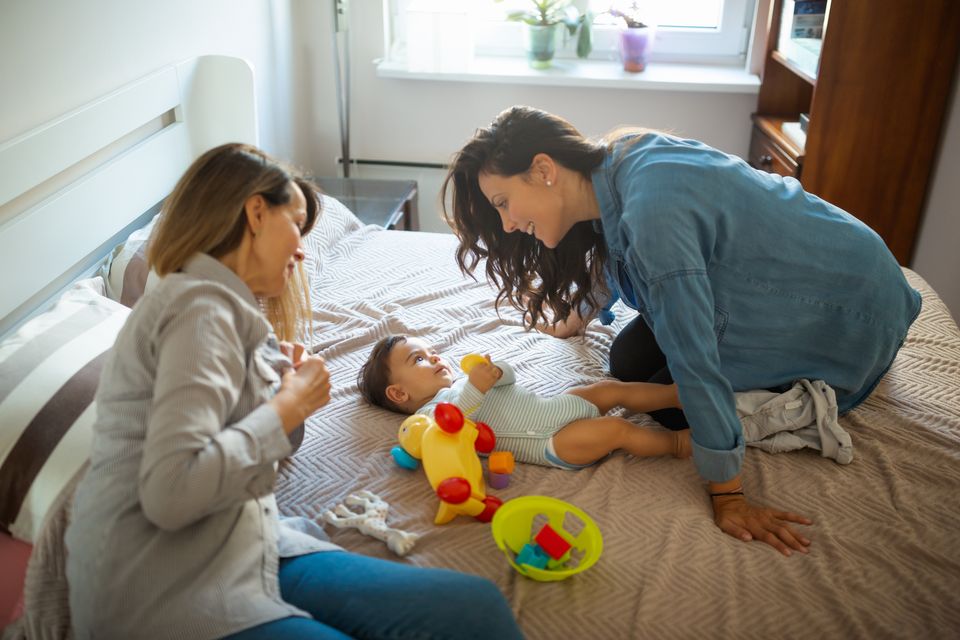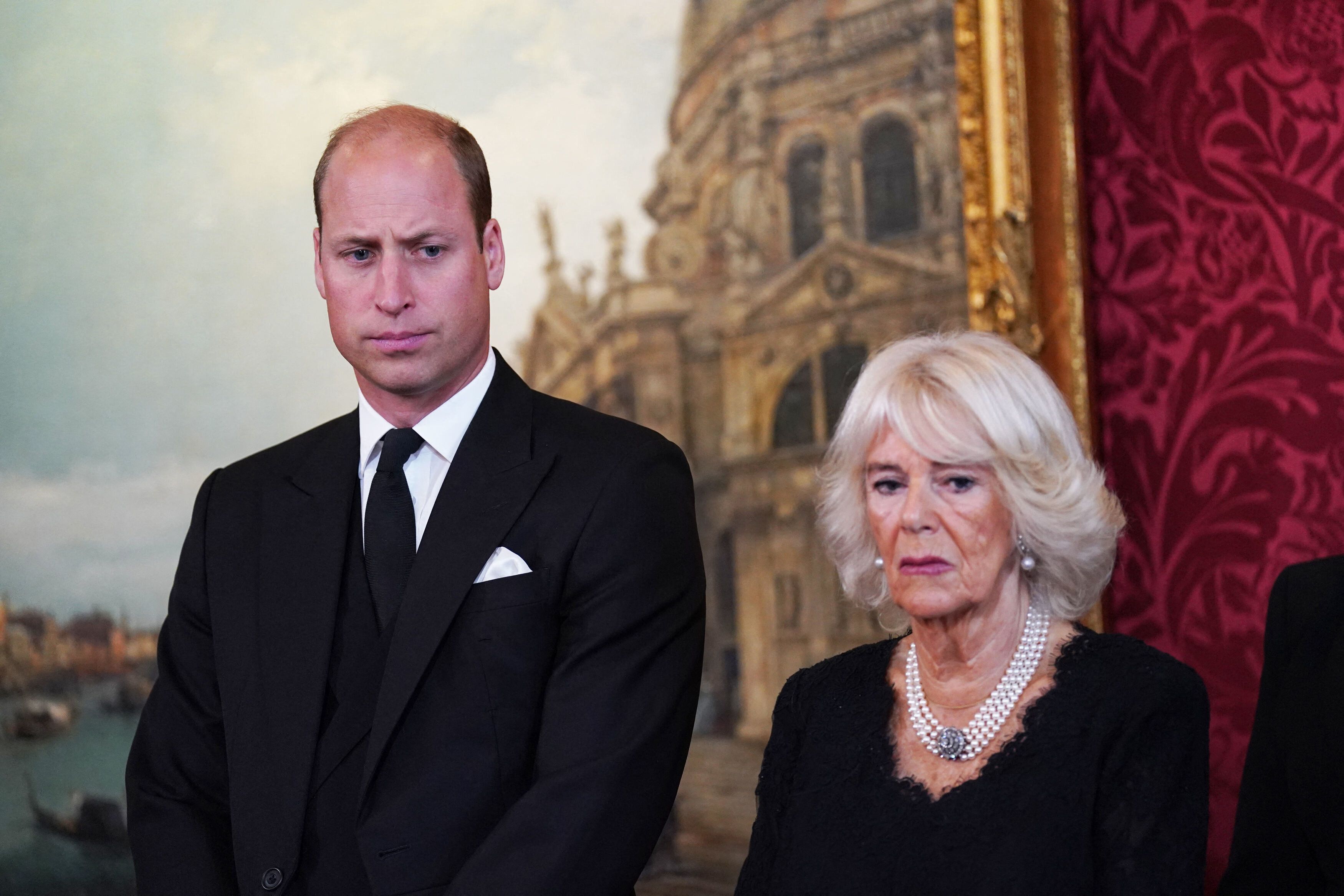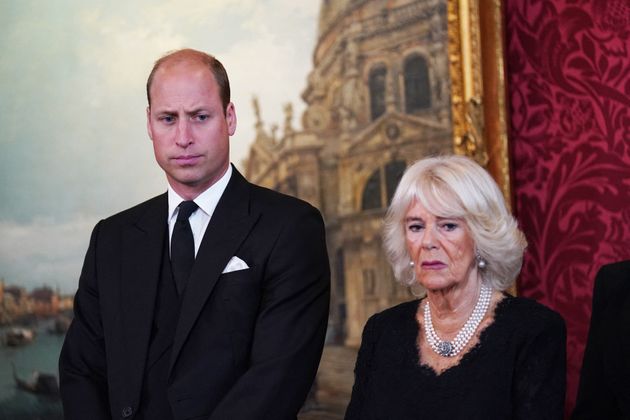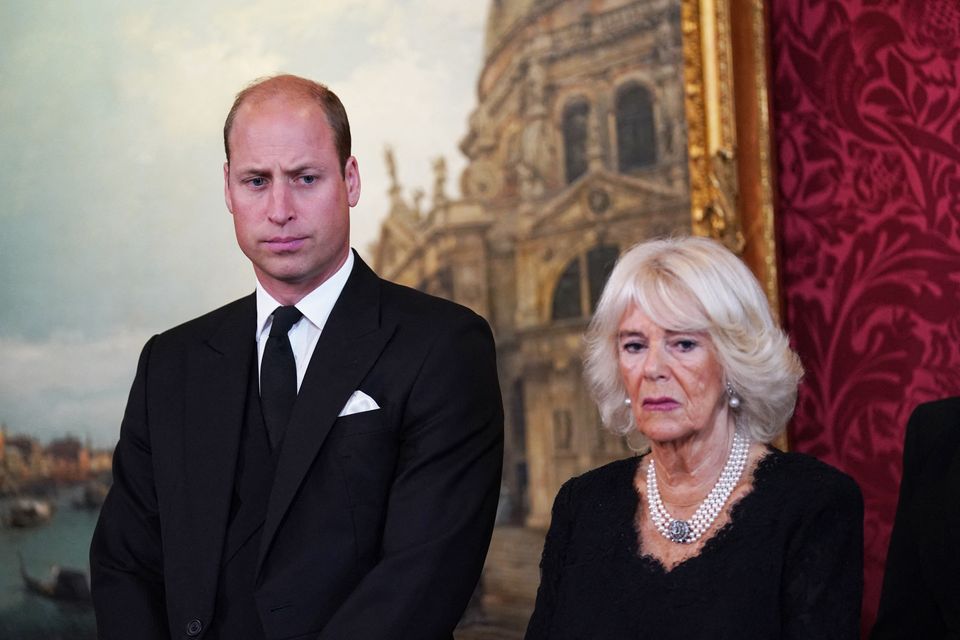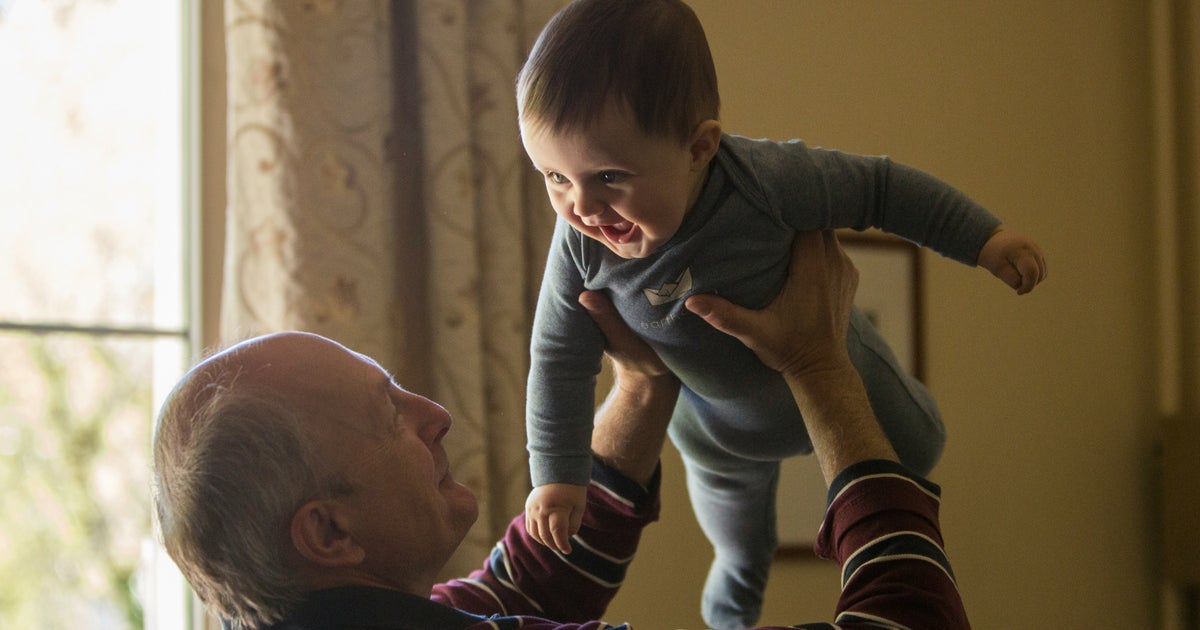
Venting to Mumsnet members, a site user expressed a sentiment many parents seem to relate to online: they are “sad about grandparents not helping [with] childcare,” and feel let down by their lack of a “village”.
In a separate TikTok video, a millennial mum asked: “What if childcare costs are so expensive because there is a lack of grandparents’ willingness to help watch the kids?”
Advertisement
Responding to that video, a Gen X grandmother argued: “It’s not that grandparents are unwilling to watch their grandchildren – it’s that grandparents are still working full-time.”
And according to gerontologist Athena Chan, she’s right.
Grandparenting looks “significantly different” nowadays
Speaking to HuffPost UK, Chan said: “Grandparenting in 2025 looks significantly different from what Baby Boomers experienced” ― not least because grandparents themselves aren’t, as older generations’ parents may have been, comfortably retired from a single-income home.
Advertisement
“According to the Grandparents Today National Survey by AARP, the youngest grandparent today is around 38 years old, and the average age for becoming a first-time grandparent is 50,” she said.
“Many grandparents today are still in their prime working years,” and that’s before you even take into consideration that retirement is happening later and later in life.
“This shift challenges the traditional image of grandparents as retired figures with abundant free time,” Chan said.
Advertisement
Baby boomers and Gen X “recall their grandparents as retired, financially stable figures who could indulge them,” she added, but can’t always say the same about themselves.
Then, there’s location to consider.
While “weekly visits remain a regular part of life” for those who still live close to their grandchildren, adult children increasingly live far away from their own mums and dads.
Proximity has declined more for mums than dads, too.
So, “with increasing geographic distance, Baby Boomers are turning to smartphones and video calls to stay emotionally connected,” Chan added.
Advertisement
Many grandparents are trying the best they can, the expert said
Of course, some grandparents might simply be uninterested in their grandchildren’s lives – that’s unfortunate and can feel very difficult.
But many are trying their best in the same difficult economy all of us are struggling through, Chan said.
Using a grandfather in his 70s as an example, Chan shared: “Despite still working part-time, he takes immense pride in supporting his granddaughter, particularly as she navigates life after her parents separated.
Advertisement
“He shared how he helped her purchase essential household appliances for her new home, eager to ensure she had what she needed to start fresh,” she added.
“This generational shift in grandparenting highlights the changing dynamics of family life. Baby Boomers grew up with grandparents who were mostly retired, financially secure, and had time to indulge in their lives.
“Today’s grandparents are more active and involved, balancing work, caregiving, and financial pressures. Yet, through it all, they remain deeply committed to their grandchildren’s well-being.”
Advertisement
She concluded: “The core of grandparenting hasn’t changed, what has evolved is how grandparents show up for their families.”





